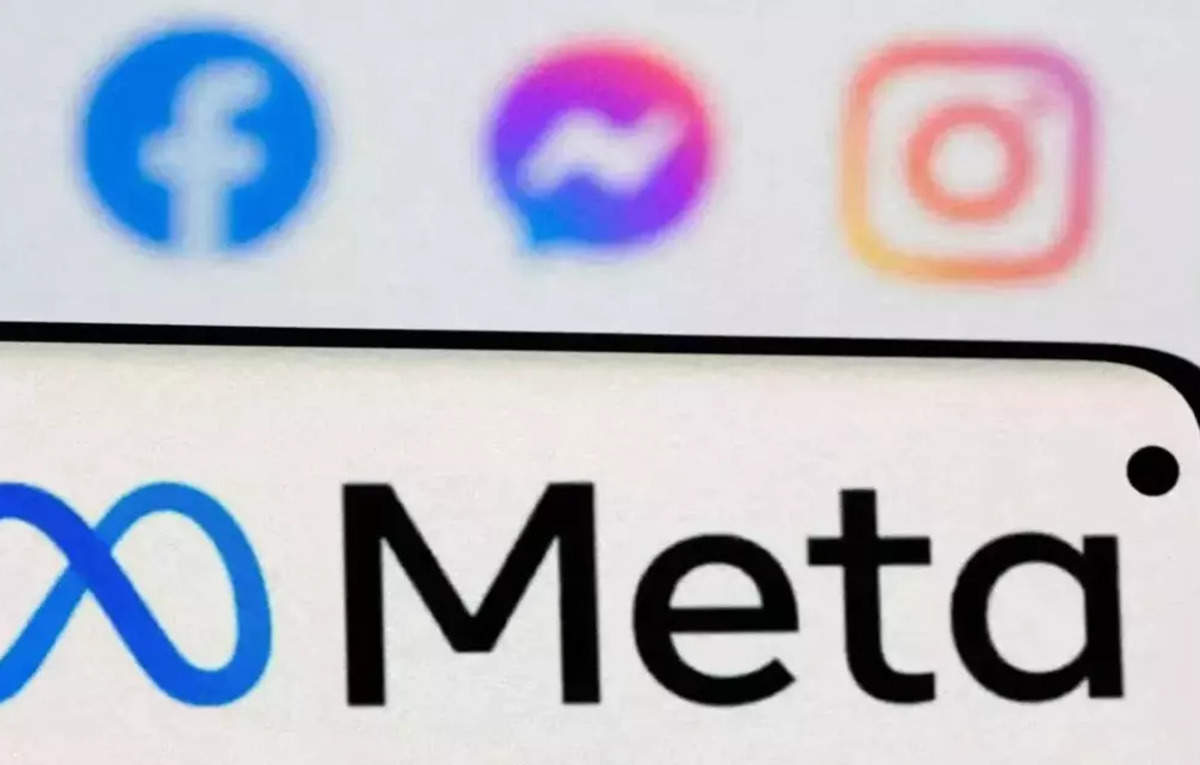Australia has introduced a groundbreaking law banning social media access for children under 16, sparking mixed reactions nationwide.
The law, approved late Thursday, positions Australia as a global leader in regulating Big Tech. Platforms like TikTok, Instagram, and Facebook are required to block underage users or face penalties of up to A$49.5 million ($32 million).

The ban, set to be enforced in a year following a January trial of age verification methods, aims to safeguard children from the harmful effects of social media. Prime Minister Anthony Albanese emphasized the need to prioritize children’s mental and physical well-being, particularly highlighting issues like negative body image depictions and exposure to misogynistic content.
In Sydney, the response was divided. Some residents, like Francesca Sambas, supported the move, citing concerns over inappropriate content for children.
Did you read this?
Others, such as Shon Klose, criticized the legislation as undemocratic. Children also expressed skepticism, with 11-year-old Emma Wakefield admitting she might attempt to bypass the ban.

Critics, including social media companies, argue the ban could backfire. A TikTok spokesperson warned it might drive minors to unregulated online spaces lacking safety measures. Mental health and youth advocacy experts have also voiced opposition, citing rushed implementation without sufficient scrutiny.
Australia’s absolute ban contrasts with measures in countries like France and parts of the U.S., where parental consent is required for minors. Albanese defended the legislation, comparing it to underage alcohol bans and acknowledging that it may not be foolproof but is necessary.
This move follows Australia’s history of holding tech giants accountable, including mandating payments to media outlets for content and imposing penalties for failing to combat scams.









